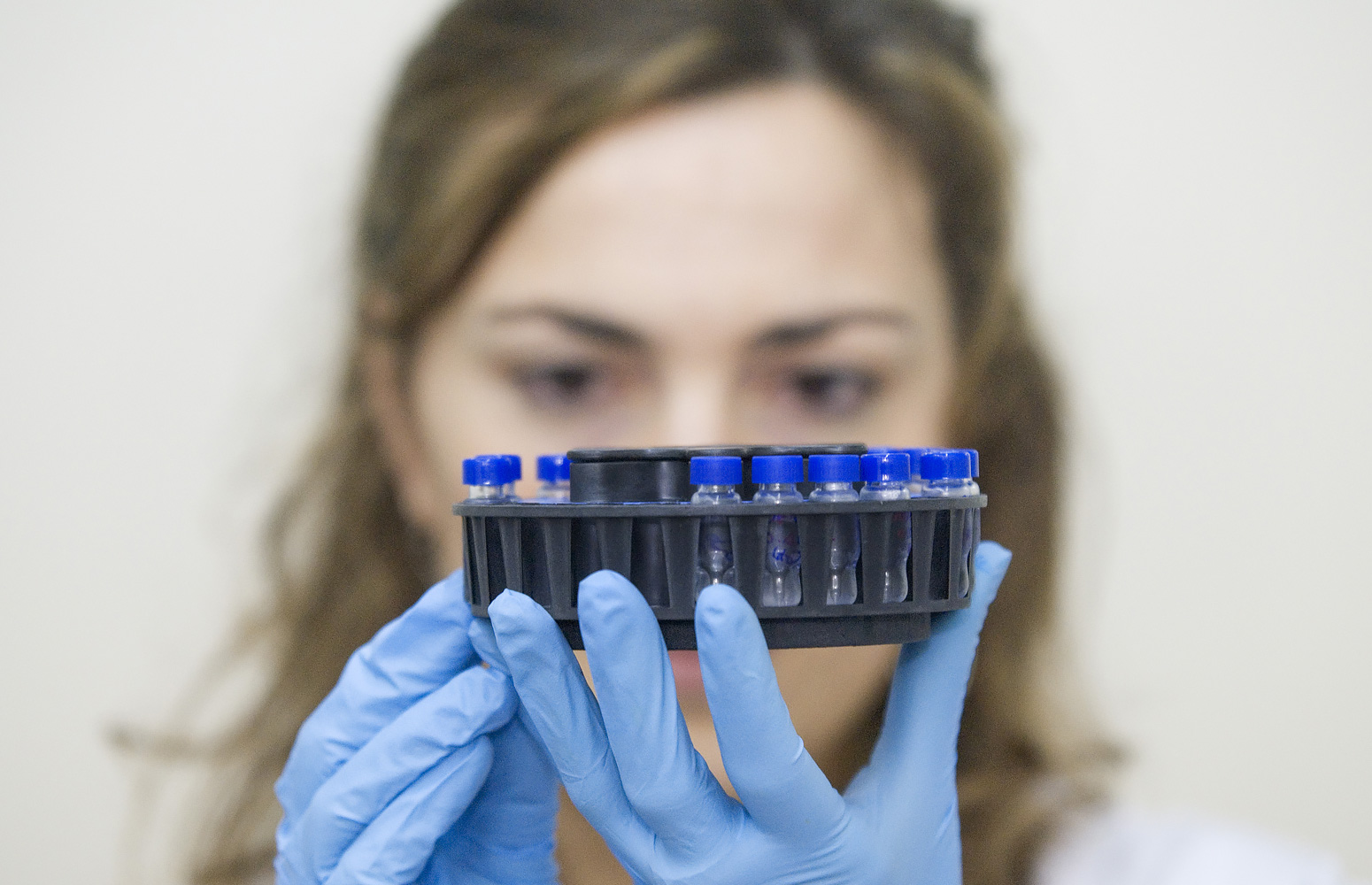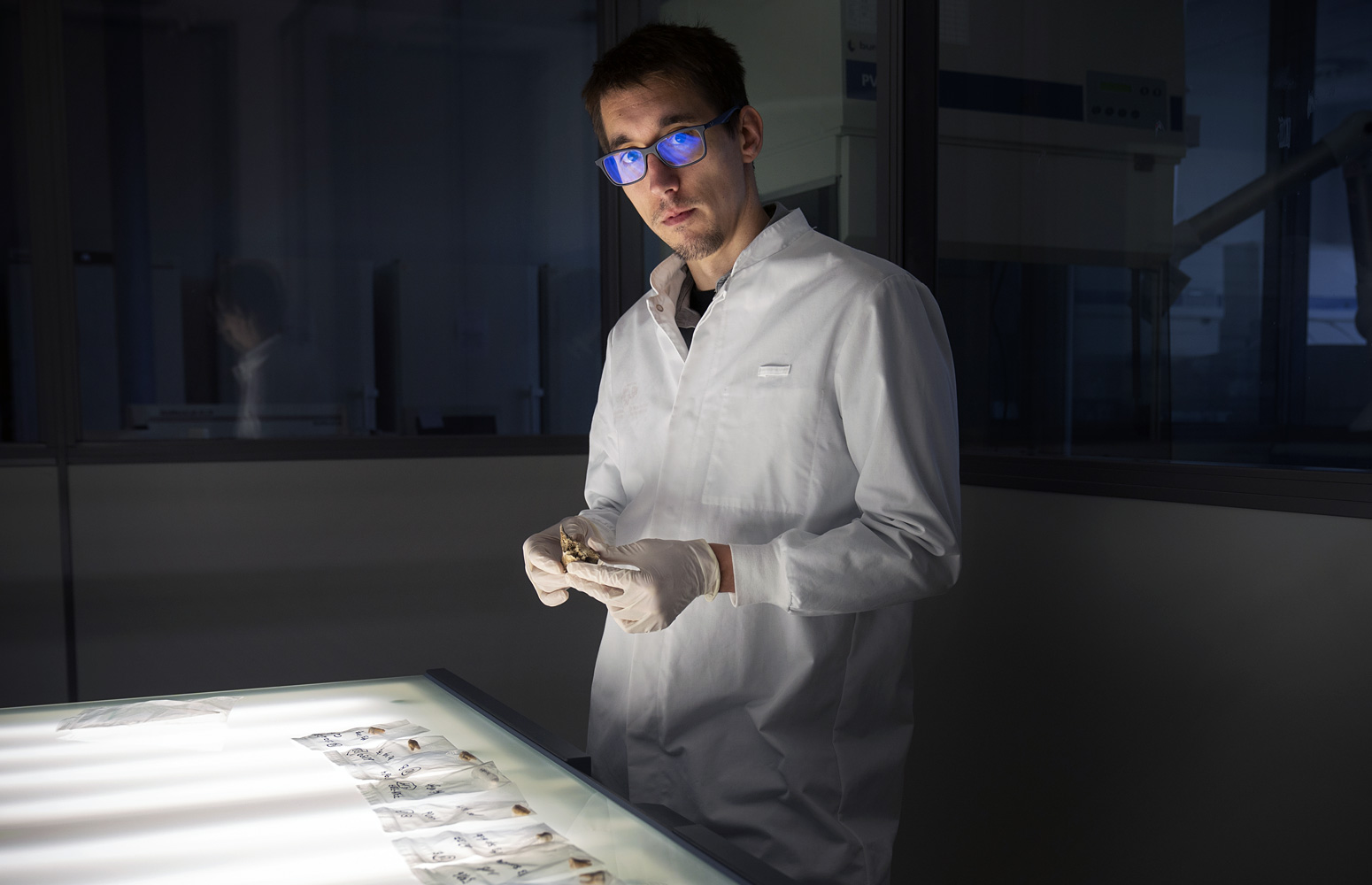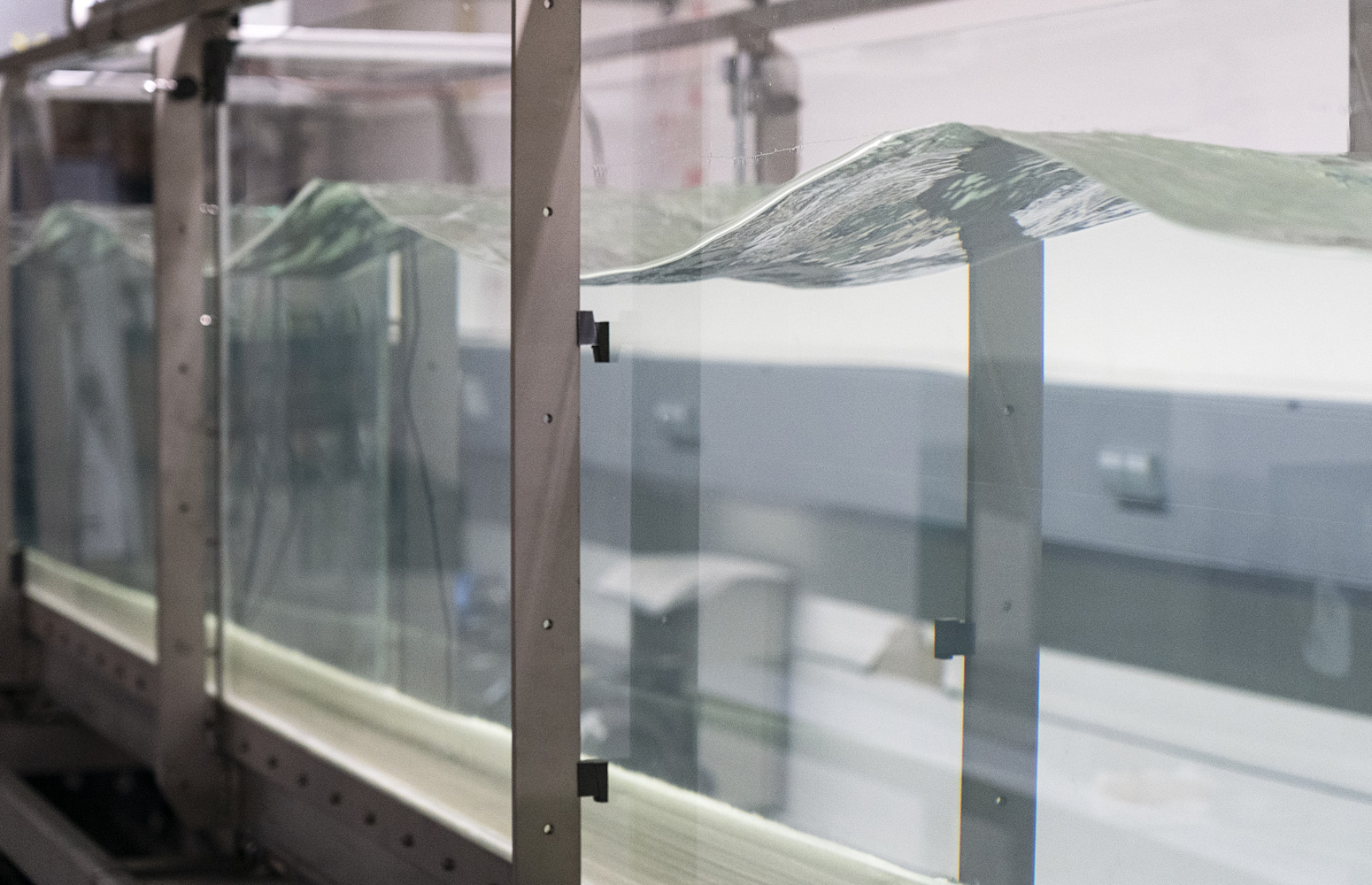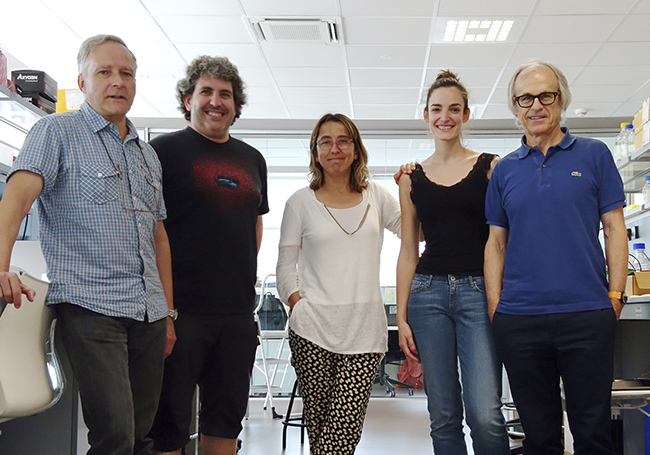Se ha conseguido en laboratorio mejorar los síntomas en la fase crónica de la enfermedad, al favorecer la reparación del tejido nervioso, el reto ahora es avanzar con la investigación en humanos. Este descubrimiento es fruto del trabajo de un consorcio internacional liderado en Euskadi desde la UPV/EHU y el centro Achucarro, junto a personal de ciberNed y el CIC biomaGUNE.
-

Doce investigadoras de la UPV/EHU, entre las 500 más destacadas en el ránking del CSIC
-

Hablar puede salvar vidas
-

Estíbaliz Sáez de Cámara, nombrada presidenta de la REDS SDSN Spain
-

Se descubre el eslabón perdido en la historia de las lenguas indoeuropeas
-

La Escuela de Ingeniería de Bilbao instala un canal de olas de 25 metros
Hallada una clave molecular para retrasar la progresión de la Esclerosis Múltiple
Personal investigador de la UPV/EHU ha participado en el prometedor hallazgo que publica la prestigiosa revista científica EMBO Molecular Medicine
- Investigación
Fecha de primera publicación: 04/07/2018

La Esclerosis Múltiple es una enfermedad autoinmune que ataca y destruye una estructura que se denomina “vaina de mielina” cuya integridad es indispensable en el correcto funcionamiento del cerebro y de la médula espinal.
El tratamiento actual de la Esclerosis Múltiple se basa en modular la actividad del sistema inmunológico, e impedir que sus células accedan al sistema nervioso central, y lo dañen. Estas terapias son eficaces en las fases iniciales de la enfermedad, pero no impiden su avance y el deterioro funcional progresivo.
En la fase progresiva de la enfermedad son las células microgliales del cerebro, los principales causantes de la inflamación crónica responsable del deterioro neurológico. Estas células microgliales son los centinelas del cerebro, y reaccionan ante cualquier daño o infección del mismo. Esta reacción, que es en principio beneficiosa, se convierte en nociva cuando se prolonga en el tiempo dando lugar a una inflamación crónica, y agrava la enfermedad y favorece su avance.
En el trabajo que se acaba de publicar se ha conseguido identificar un receptor denominado P2X4, en las células microgliales que incrementa su potencial anti-inflamatorio, con objeto de disminuir el daño en la Esclerosis Múltiple y, sobre todo, potenciar las respuestas reparadoras propias del organismo.
Este desarrollo experimental se ha realizado utilizando modelos animales de esta enfermedad, gracias a los que se ha podido descubrir que los fármacos que activan ese receptor mejoran los síntomas en la fase crónica de la enfermedad, al favorecer la reparación del tejido nervioso.
Según indica la Dra. María Domercq, del Departamento de Neurociencias de la UPV/EHU, que trabaja en el centro de investigación ACHUCARRO de Leioa, “estamos ante un hallazgo que abre una nueva vía de desarrollo farmacológico para el tratamiento de la fase progresiva de la Esclerosis Múltiple, y con ello, queremos abrir una nueva puerta a la mejora de la calidad de vida de las personas que padecen Esclerosis Múltiple”.
Este ambicioso estudio ha sido desarrollado por un grupo internacional de investigación coordinado desde Euskadi, en concreto desde Leioa, con personal de investigación de ACHUCARRO, la UPV/EHU, ciberNed y el CIC biomaGUNE, en colaboración con la aportación técnica de profesionales de la Universidad de Hamburgo en Alemania, y del Instituto de Genómica Funcional de Montpellier, en Francia.
Información complementaria
El centro de investigación ACHUCARRO (Achucarro Basque Center for Neuroscience) es uno de los Centros de Excelencia del Gobierno Vasco, y en el que trabajan profesionales de la UPV/EHU, Ikerbasque, y de la red ciberNed en enfermedades neurodegenerativas del Instituto de Investigaciones Sanitarias Carlos III de Madrid.
Referencia bibliográfica
- “P2X4 receptor controls microglia activation and favors remyelination in autoimmune encephalitis”
- EMBO Molecular Medicine
- DOI: 10.15252/emmm.201708743


